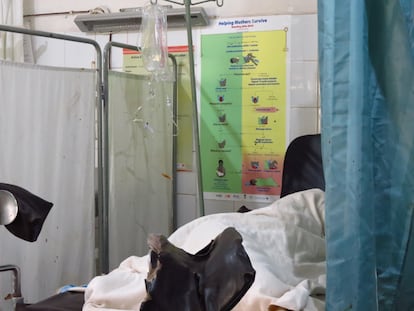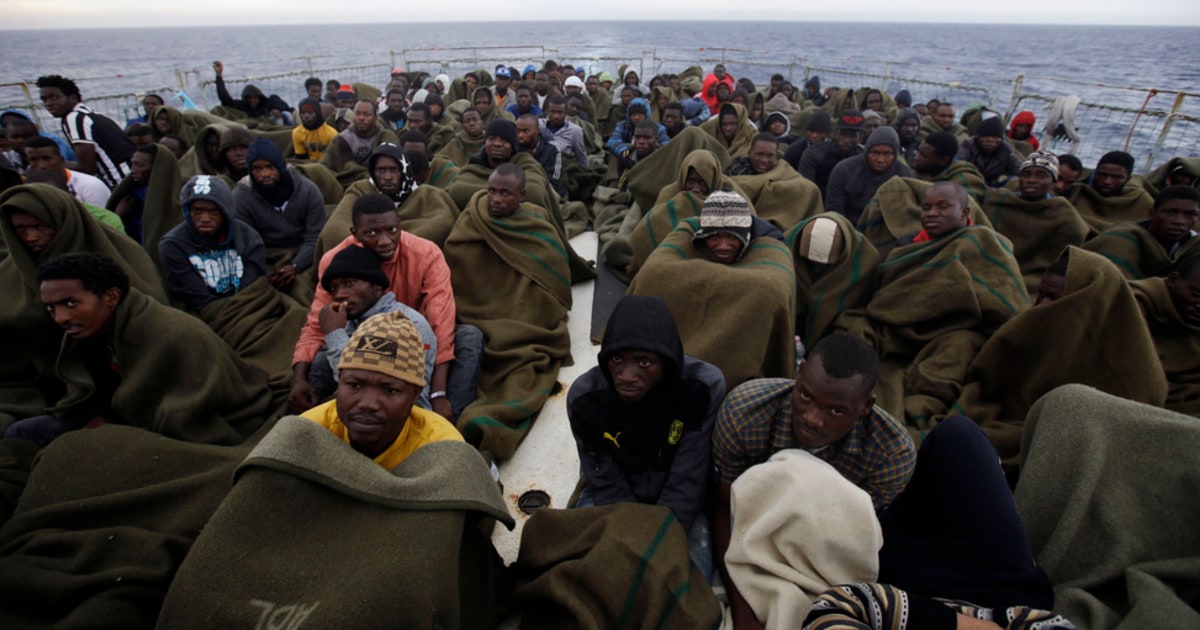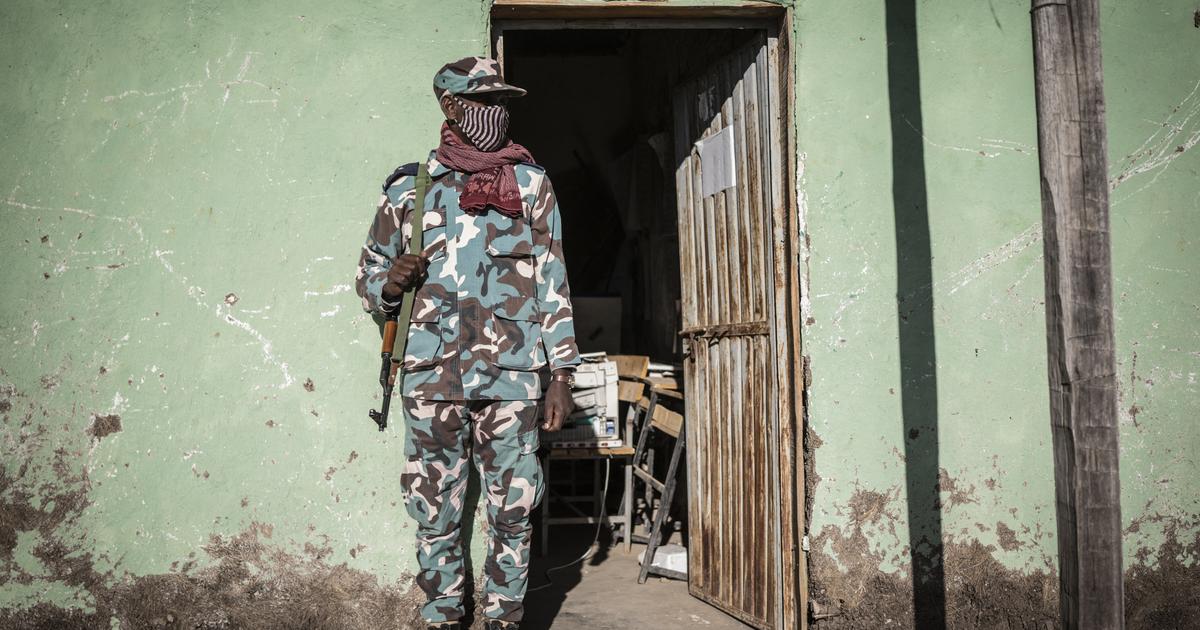Talile has just given birth in the rural hospital in Gambo, southern Ethiopia.
A new life cries filling its lungs with air.
However, the newly released mother cannot hear him, she finds herself with a lost consciousness somewhere between this world and the hereafter.
After delivery, the uterus must contract, but in Talile's case, a fragment of the placenta has been retained and the organ that housed the fetus has been left without the strength to contract.
Off-white-looking sheets are stained red.
Talile's uterus bleeds non-stop, causing a life-threatening postpartum hemorrhage from uterine atony.
Bleeding during and after childbirth is the main cause of the death of mothers.
We injected medication to contract Talile's uterus and stop the bleeding, but the result was not satisfactory, we couldn't.
And we perform the manual compression technique, which is scary as soon as we see it: it consists of inserting the arm through the vagina until it reaches the cervix and compressing the uterus with the fist, while with the other hand we press from the outside above the belly.
In times of war, blood is reserved for the military, causing a shortage of reserves in hospitals across the country.
Talile is in urgent need of a transfusion, but the Gambo hospital blood bank is empty.
We contacted the nearest hospitals by phone with the certainty of being able to find a bag of red blood cells.
However, I am dumbfounded when they tell us, one after another, that their refrigerators are also out of stock.
I ask what is the reason for this unprecedented lack: war.
The already scarce usual reserves are now prioritized for the military.
I am witnessing the long shadow of war.
Women like Talilu are being deprived of the life-saving transfusion.
Inside me, indignation burns, rage.
The war, always unjustified, is once again primed with the most vulnerable: pregnant women.
A woman rests after giving birth in the delivery bed of the rural hospital in Gambo.
On the wall we can see the algorithm for the management of postpartum hemorrhage of the course carried out to the midwives of the center to reduce the main cause of maternal death in the region. Iñaki Alegría
Warfare persists in Ethiopia, in the northern region of Tigray.
Despite the difficulty of obtaining information, I can read about the increase in internally displaced persons and refugees leaving for neighboring countries, especially Sudan.
I also read that malnutrition is increasing and that access to humanitarian aid is increasingly difficult, as has been denounced by international organizations.
Child soldiers fight on the front lines.
The raped women.
However, I have not found in any media news about the shortage of blood bags.
Now, in times of war, blood is reserved for the military, causing a lack of reserves in hospitals across the country.
Pregnant women are thus also victims of war.
They suffer and die in silence, without anyone remembering them.
These words that I write from Gambo are worth remembering, recognizing and acting on.
Iñaki Alegría
is coordinator of the pediatric unit of the rural hospital in Gambo.
FUTURE PLANET can follow on
,
and
, and subscribe
here
to our 'newsletter'
.




/cloudfront-eu-central-1.images.arcpublishing.com/prisa/VVSSPDPOMZBR5PRFFXV7LLVB3U.jpg)
/cloudfront-eu-central-1.images.arcpublishing.com/prisa/WEFC2ARIWFCHPNOJCEPD7TZO7E.jpg)


